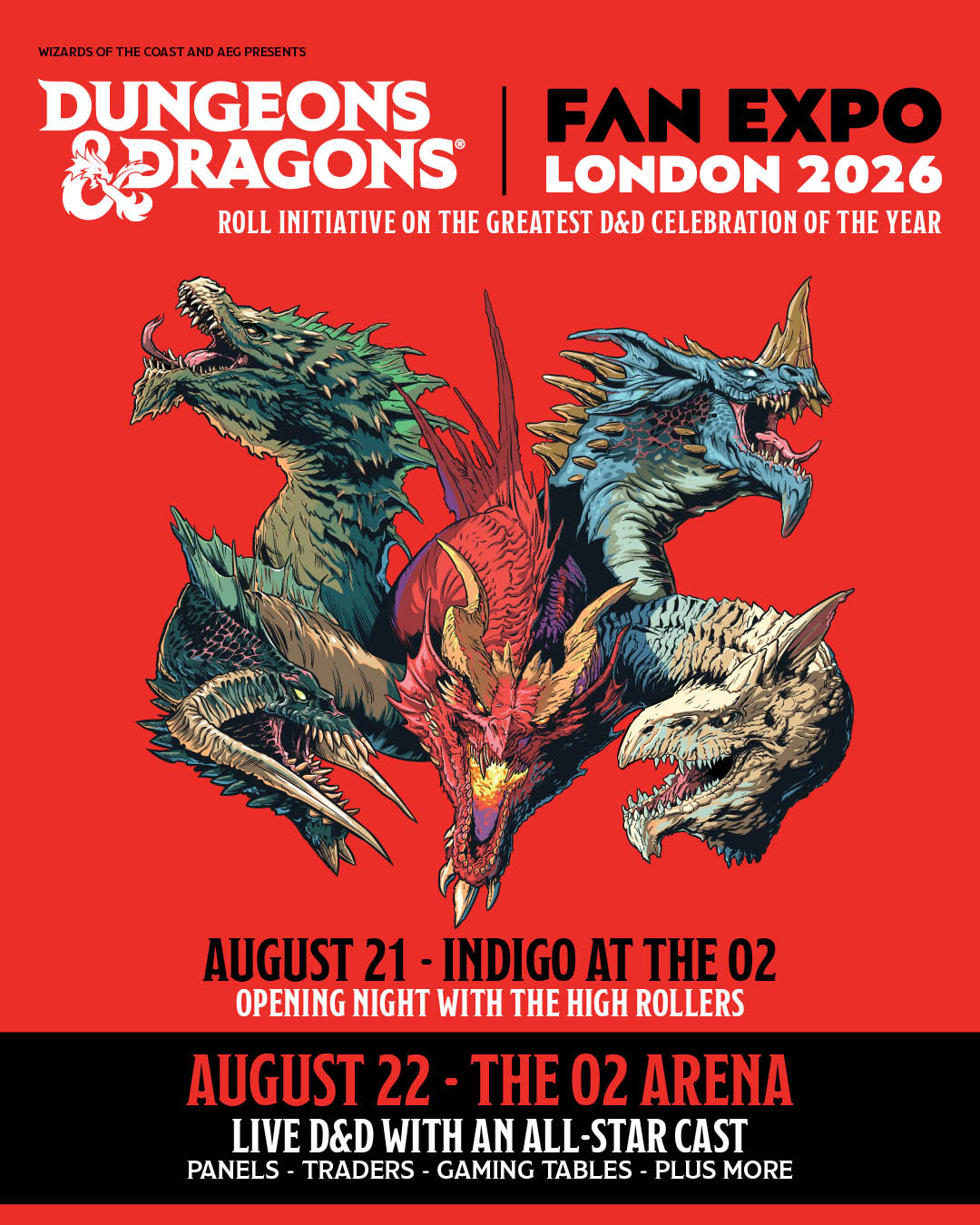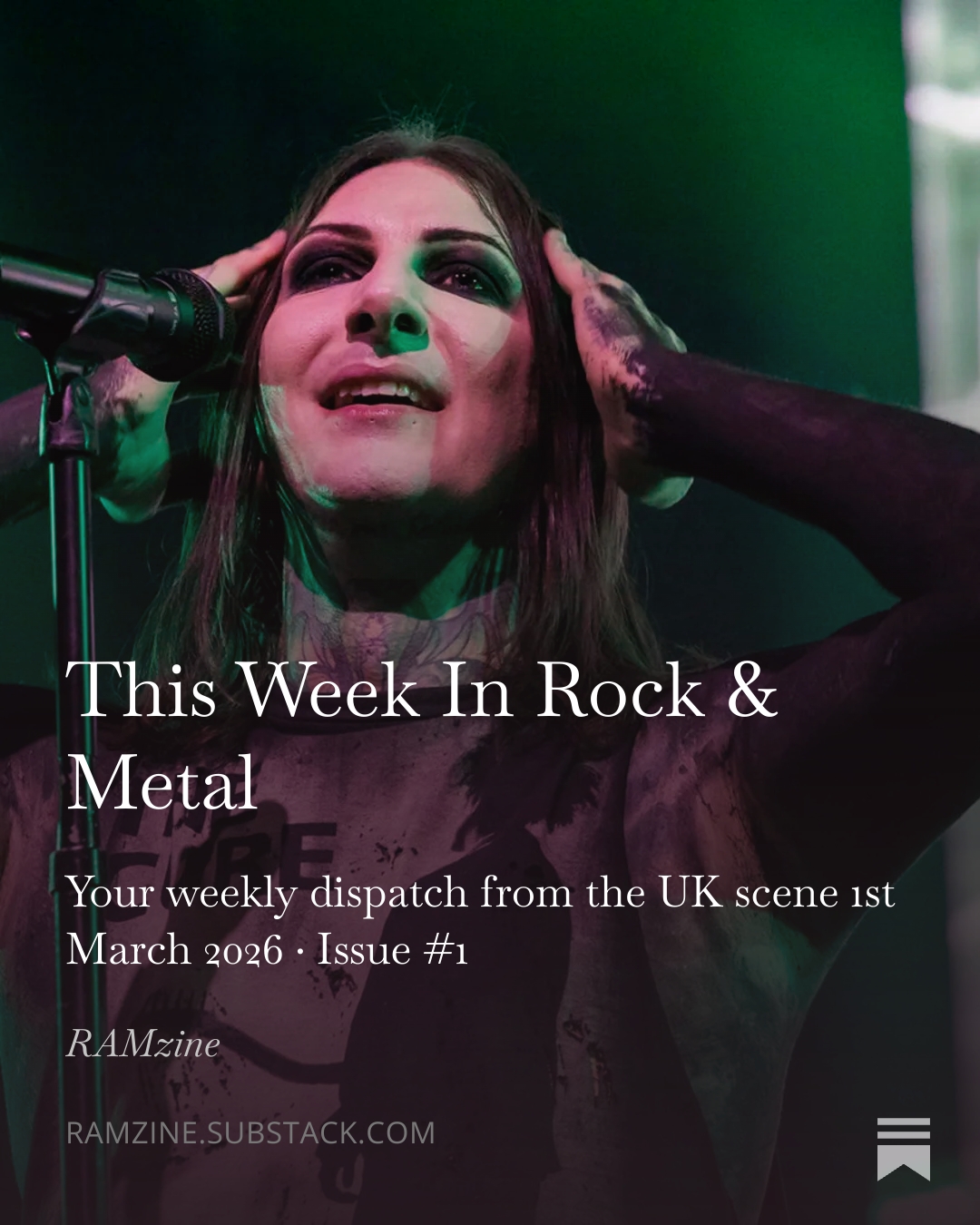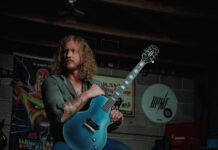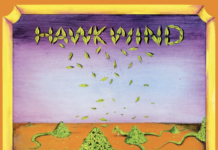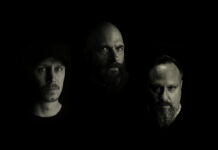The Human Race Extinction is the second album from Belgium power metal band Ethernity, following on from 2015’s Obscure Illusions, which was released to favourable reviews in the rock community. Actually, on listening to this album, it’s clear they’re slightly more than just power metal. They have distinct leanings towards symphonic rock as well, as demonstrated on their new release. Their music is described as ‘metal with a combination of dark and aggressive moments, with progressive and classic elements where melody excels above all else.’
They’re right when they talk about melody. The album doesn’t just pump out riffs, they attempt to play tunes with a fast driving rock beat and the kind of sonic template bands like Nightwish and Within Temptation have made their names with. The music of Ethernity is powerful and hard driving in places and most songs attempt to combine power with a basis in melody. In places, their music is quite melodic, though several of the songs sound like they’re attempting to out-thrash Slayer.
The album begins with ‘Initialisation’, a short piece sounding like something out of a John Carpenter film, before the band come in with the title track, ‘Human Race Extinction’, with its fast driving intro and varying the tempo between thrash and symphonic rock, where singer Julie Colin tells us “the human race is dead”. But, alas, the symphonic aspect occasionally gets buried in the band’s desire to play as fast as possible and to play too many notes, especially on lead guitar. The band aims for speed and complexity when applying the principle of ‘less means more’ would benefit them enormously. Tracks such as ‘Rise of the Droids’ and ‘Artificial Souls’ exemplify this. Both are good songs but, particularly on the latter track, guitarist Francesco Mattei crams in far more notes than the song needs, and the impact is lost. Compare this with ‘Warmth of Hope’, which sees the guitar break played minimally and in synch with the song, with the result being a very powerful tune on what is overall a good album and, for me, possibly the best track on the album, illustrating good prog metal doesn’t have to be played at the speed of light to make an impact.
If you’re a fan of power metal with symphonic leanings and you like it sung by a good female voice a la Sharon den Adel, this is an album which will appeal to you.


